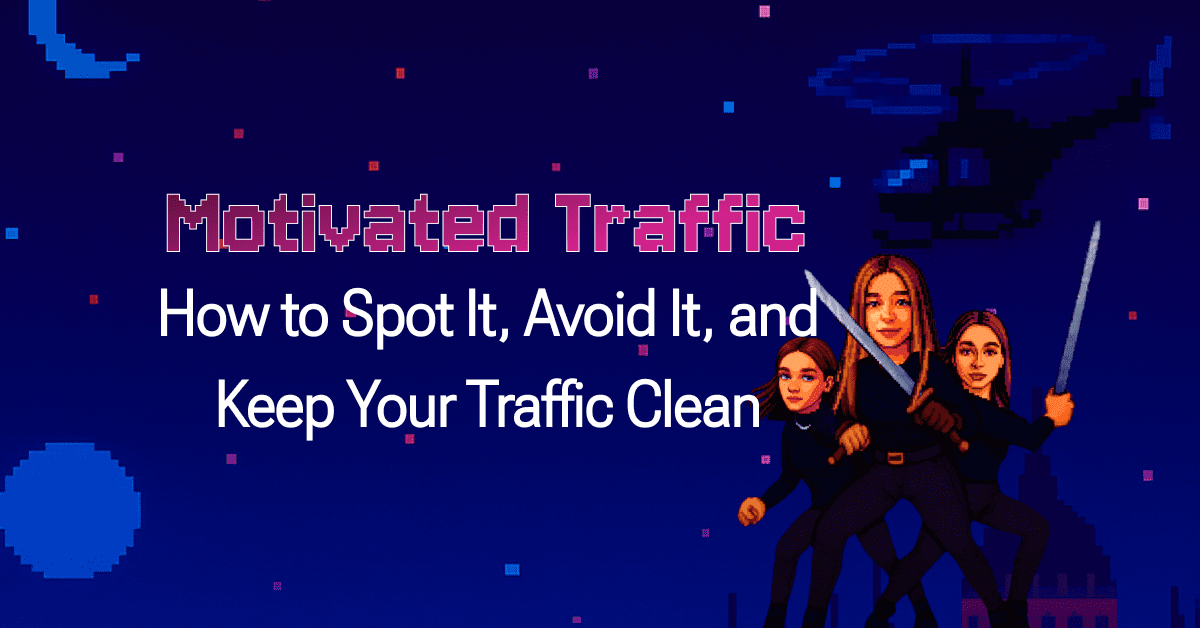

In iGaming, not all clicks are equal.
Some bring loyal, high-value players; others only inflate your stats.
“Motivated traffic” — or incentivized traffic — refers to users who register, deposit, or interact only because they expect a reward.
It’s one of the most damaging types of traffic for affiliate performance, data accuracy, and brand reputation.
Motivated traffic occurs when users take an action — register, deposit, install, or click — in exchange for a reward that is not part of the operator’s official promotion.
Common examples include:
These users are not genuinely interested in the product.
They act to receive the incentive and disappear soon after.
The result is no retention, no engagement, and no real value.
Motivated traffic often looks impressive at first — more clicks, signups, and FTDs — but the data quickly collapses under analysis.
Key risks include:
Ultimately, motivated traffic undermines both profitability and trust.
Experienced affiliate managers can recognize it by several red flags:
When in doubt, analyze engagement.
Real players explore, deposit again, and stay active.
Motivated users complete one action and disappear.
You cannot control every click, but you can build systems that filter out bad traffic before it becomes a problem.
Clean traffic is not only about avoiding bans — it’s about building credibility.
When your data is transparent and performance metrics are reliable, you gain:
At RevDuck, we view traffic quality as a shared responsibility between affiliates, networks, and brands.
Clean traffic is the foundation of sustainable growth in iGaming.
Motivated traffic may deliver quick numbers, but it destroys long-term potential.
In the iGaming industry, sustainability and transparency always outperform shortcuts.
Clean traffic wins — every time.
RevDuck — a B2B affiliate hub built on transparency, data, and trust.